karplat
Karplat 450mg Infusion falls under the class of chemotherapy medications used in the treatment of various cancers. Its mechanism of action, disrupting DNA function, makes it effective in impeding the growth of cancer cells.
Carboplatin becomes active inside cells, forming potent complexes that intricately tangle up .DNA This interference disrupts the normal structure of DNA, preventing the cell from generating new DNA and impacting its ability to grow and divide This disruption in the DNA's role slows down the cell's lifecycle, contributing to the effectiveness of Carboplatin in treating cancer.
Carboplatin should be administered by a doctor or nurse, and self administration is strongly discouraged Patients should not take it on their own but should wait for guidance from their healthcare provider Trusting the healthcare professional to administer the medicine is essential for safe and effective use.
Common side effects of Carboplatin may include nausea, vomiting, anemia, fatigue, diarrhea, stomatitis, low blood platelets, and increased liver enzymes. It is crucial to be aware of these potential side effects and inform your healthcare provider if they persist or worsen.
Carboplatin is primarily eliminated through the kidneys, and patients with impaired renal function may require dose adjustments Regular monitoring of renal function, including creatinine clearance, is essential Additionally, Carboplatin can cause harm to the fetus, and its use is contraindicated during pregnancy Adequate contraception should be used, and women of childbearing potential should be advised against becoming pregnant during treatment Breastfeeding is not recommended.
If an injection appointment for Carboplatin is missed, it is essential to reach out to the doctor immediately for guidance. Following their instructions is crucial to maintain the continuity and effective management of the treatment plan Regular communication with the healthcare provider ensures the appropriate handling of missed doses and contributes to the overall success of the treatment.

Similar Medicines
More medicines by Cadila Pharmaceuticals Ltd
Available in 3 variations

vial of 45 ml Injection

vial of 20 ml Injection

bottle of 50 ml Infusion
Disclaimer : This information is not a substitute for medical advice. Consult your healthcare provider before making any changes to your treatment . Do not ignore or delay professional medical advice based on anything you have seen or read on Medwiki.
karplat
Prescription Required
Manufacturer :
Cadila Pharmaceuticals LtdComposition :
carboplatin



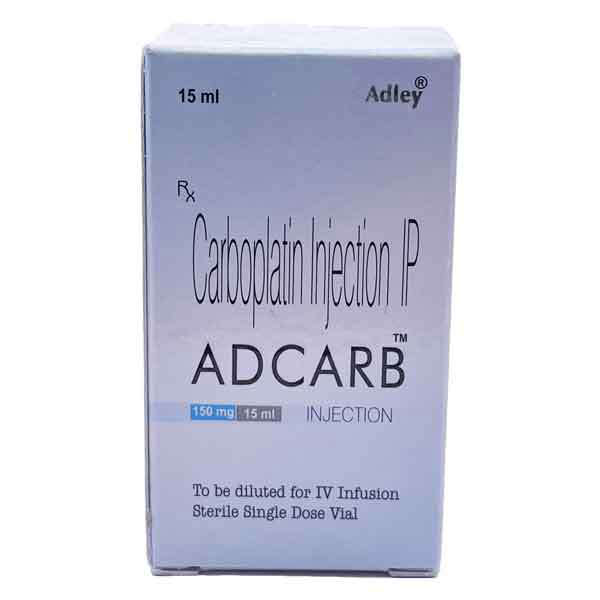
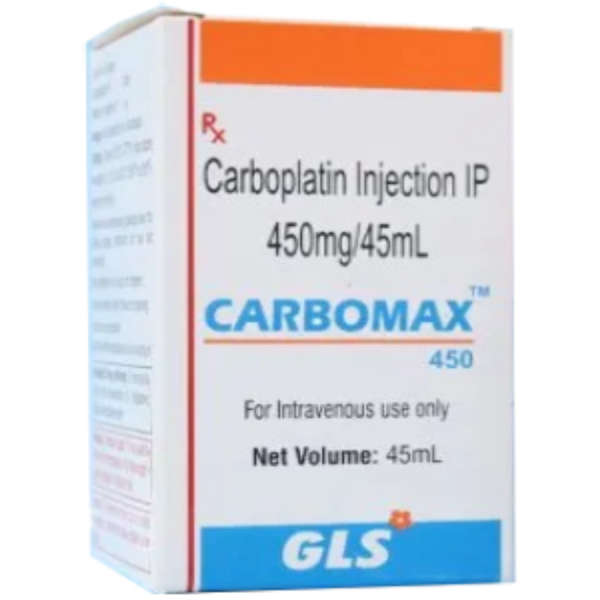
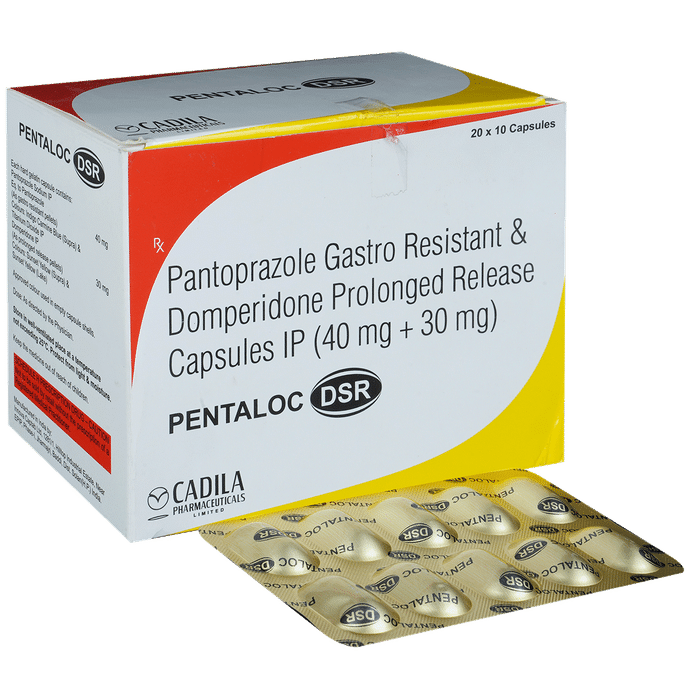
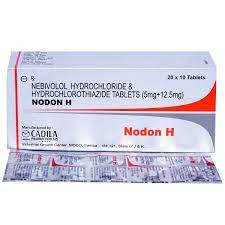


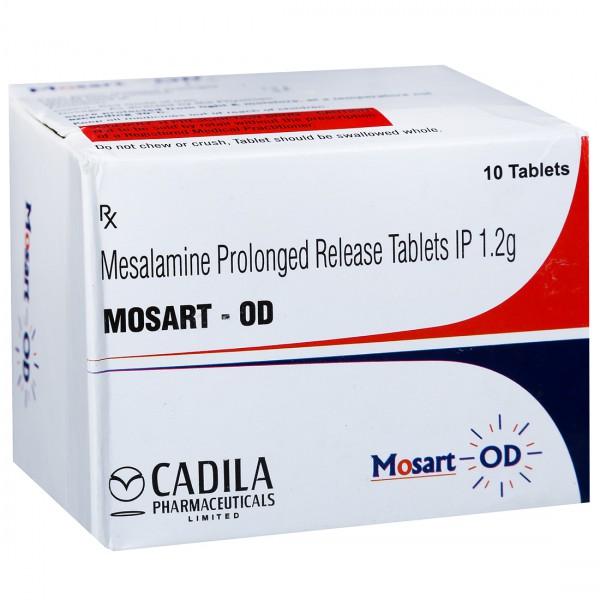







.svg)
